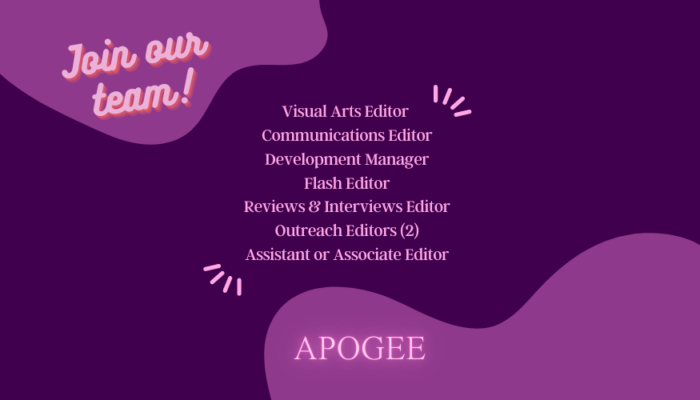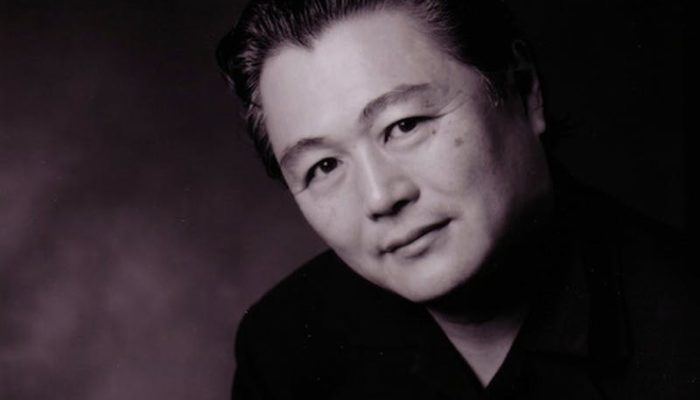Throughout this week, Perigee will be featuring writing from participants of Apogee Journal and NY Writers Coalition’s first ever Writing in the Margins Workshop. On the first night of our eight week course we asked participants to write down questions: Questions about writing, writing and justice, writing and identity. The goal was not to answer these questions, but rather to collectively identify what we need and want to question. To begin this series, we’d like to share these questions with you.
Social Justice
Do you have to be angry to create good social justice writing?
What is the goal (‘point’ seems too blunt) of writing with an awareness of social justice? Is it focused on the present, the near future, or the way future future?
How do I write with urgency without being pedantic? (I.e. I want to help push a socialist revolution without anyone realizing it.)
How do I use my writing as a tool for social change?
Should writing be prioritized over organizing? Ah!!
How can we imagine what collective liberation will look like?
What gets in our human way of figuring out how to redistribute wealth?
What do you read to start a revolution?
Race
What do we say to people who say “not everything is about race?” How do we respond?
Will my childhood and/or adult experiences being mixed race always be the topic of my most loved material?
How can I write about race/racism (as a white person) and keep my own experience at the center?
How do I write about issues of race when my experience diverges from most narratives of people of color and Caucasians?
How many other black female writers will I be compared to in my career?
Can you write a character of color and have them be read as a ‘person,’ not a representative of a certain race?
What would I write about if I assumed a non white audience?
As a white person, how do I know when I’ve done enough work to understand race? To write about it?
How do I deal with ‘tokenization’ in writing communities and with my work as a POC?
How do I responsibly lead discussions about race with children of color who are not my color?
As a white woman, how do I avoid becoming complacent about my racial privilege?
Sexuality, Sexual violence
How do I work with LGBT students if I’m not queer? Do I acknowledge this?
How can I, as a writer and a survivor of sexual assault, take my experiences and my love of writing and give something (not sure what) to young women who have been or are being assaulted?
Age
How can I deal with ageism and a feeling that my wisdom and knowledge of the world is not appreciated or acknowledged?
How can I find my voice as an older white woman writer?
Class
Can I write about a class that I’m not a part of anymore?
Ethnocentrism
What are some non-European-centric traditional poetry forms?
As a non-American, do I have to address my non-Americanness every time I write about this country?
Authority, Agency and Subject Choice
Where does one get the authority to write outside of his or her own experience?
How can I make the invisible visible in my writing?
How do I show the unbearable?
How can I ensure authenticity and voice in my writing without marginalizing groups or stereotyping others?
How can I deal with my own privilege in an authentic way in my writing?
When have you written outside of your race/sex/gender/class? What worked/did not work? Why?
Readership and Publishing
Does it matter that a potentially large part of my readership will never understand my positionality?
How do you turn off the “audience”/reader while writing?
Do mainstream magazines or publications actually publish writing for liberation? Whose liberation?
To what extent does audience influence the authority of a writer addressing issues of social justice, power dynamics, and witness?
What would I write about, or rather, how would I write if I had never read the New Yorker?
What was the last piece of writing you read that left you thinking? For more than a day?
Family
How do I weigh whether using family stories is exploitative?
Am I wrong to rely so much on the stories and experiences of my parents?
Self love and Shame
How can I develop belief that my story counts and deserves to be in the world?
What would I write if I had more self love? Would it make my writing worse or more stale?
What are you ashamed of in your writing?
Form
Are there different challenges when writing as a writer in different forms (poetry, fiction, drama, essays, etc)?
Can writers of fiction approach and/or confront issues of social justice more effectively?
Social media/the Internets
How has social media, particularly online comment sections and forums, affected the future of social justice? Are the effects more adverse, or helpful?
Community and Space
How much room is there for me to be a valued writer in the Black Arts Community?
What spaces has writing brought you into that you may not have had access to without writing?
What role does community play in informing/supporting/collaborating/etc in the often solitary act of writing?
How can we build a community of critical writers–meet to share work, collaborate, celebrate, hold each other, hold each other accountable–while we’re so fucking busy in NYC?
***
Apogee Writing & Activism Workshop Series is sponsored, in part, by the Greater New York Arts Development Fund of the New York City Department of Cultural Affairs, administered by Brooklyn Arts Council (BAC).





